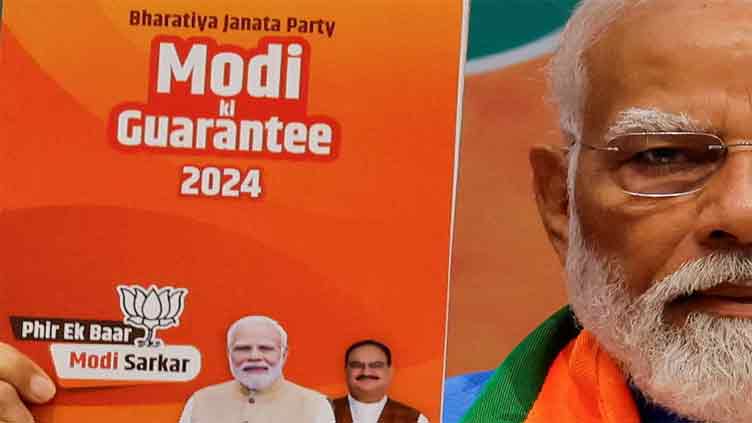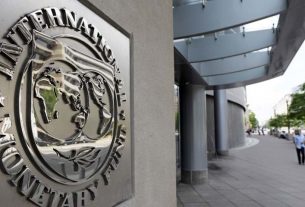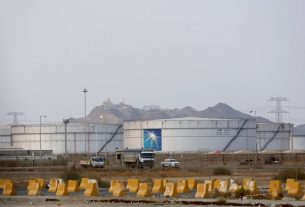Indian Prime Minister Narendra Modi’s Bharatiya Janata Party (BJP) skipped any reference to structural economic reforms, such as changes to labour and land laws, in its manifesto ahead of elections, Citi economists said in a note on Monday.
The BJP promised to create jobs, boost infrastructure and manufacturing and expand welfare programmes such as low-ticket subsidised loans to small businesses if it wins a third term.
“It could be a bit of a disappointment that the “big-bang” structural (but contentious) reforms of land, labour, agriculture, privatization, opening up to foreign investment etc did not find any mention in the manifesto,” Citi economists Samiran Chakraborty and Babar Zaidi said, adding that these could be announced at a later stage.
The general election starts on April 19 and will be held in seven stages until June 1, with the results expected on June 4.
Modi is widely tipped to stay in power on the back of his 10-year record, which includes strong economic growth, infrastructure projects, welfare handouts and aggressive Hindu nationalism.
“At a broad level, the manifesto is more tilted towards continuity than change,” Citi said.
The manifesto includes a strong infrastructure push, including building 28 kilometres per day (17.4 miles) of national highways, three new high-speed bullet trains and expanding the metro network.
“There is a definite aspiration in the manifesto towards making India a power to reckon with in global manufacturing,” the economists said.
Surveys, however, suggest unemployment, inflation and rural distress remain issues of concern in the world’s most populous country despite its strong economy, and addressing these will be Modi’s biggest challenge.
“India’s youth will not have even imagined the number of opportunities that will come their way,” he told cheering BJP members, including top federal ministers who sat in the audience wearing stoles featuring the BJP’s lotus symbol, on Sunday.
Modi also vowed to expand welfare programmes, including bringing all Indians above the age of 70 under an existing free health insurance programme and pushing piped cooking gas connections to all houses to follow up on a subsidised cooking gas cylinder programme launched in 2016.
“The ambition of the 1.4 billion people of the country is Modi’s mission,” Modi said. “I am placing this manifesto before the people to seek their blessings. Please bless us … to increase our strength … implement this manifesto and ensure a developed India.”
Unemployment was the primary concern of 27 per cent of the 10,000 voters surveyed by Lokniti-CSDS across 19 of India’s 28 states, with rising prices coming second at 23pc, the Hindu newspaper reported last week.
The unemployment rate rose to 5.4pc in 2022-23, from 4.9pc in 2013-14 just before Modi swept to power, and nearly 16pc of urban youth in the 15-29 years age group remained unemployed in 2022-23 due to poor skills and a lack of quality jobs, official data shows.
“BJP does not even want to discuss the most important issues related to people’s lives,” Congress leader Rahul Gandhi posted on X. “This time the youth is not going to fall into Modi’s trap, now they will strengthen the hands of Congress and bring an ’employment revolution’ in the country.”


